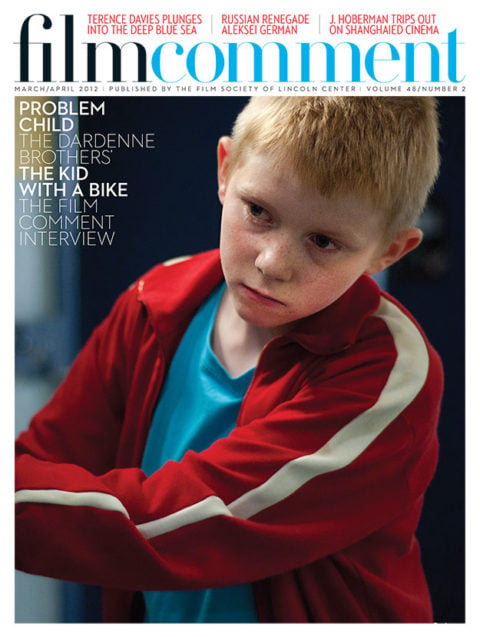
Argentine filmmaker Pablo Giorgelli’s debut feature marks an important advance in contemporary neo-neorealist observational cinema through the adoption of a revolutionary new weapon in the directorial arsenal: babies. Just the one, to be precise, but that’s been enough to pacify restless festivalgoers since this charming, low-impact road movie won Giorgelli the Camera d’Or last year at Cannes.
The tot comes into play—smiling, staring, snoozing—as an unexpected second passenger for lonesome truck driver Rubén, who is hauling lumber from Asunción, Paraguay, to Buenos Aires. (The title refers to the type of tree in transit.) Rubén (Germán de Silva) has agreed to ferry migrant worker Jacinta (Hebe Duarte) for the 1,500-kilometer journey as a favor to an employer, and he bridles at first when the young woman turns up with a child. But this is still the movies, and gruff tolerance gives way to corner-of-the-eye bachelor curiosity about the duo, and then to volunteering to hold the adorable kid, who disarms with her warm wide-eyed gaze.
Much of the movie takes place in the truck’s cab, with Rubén and passengers framed in serene profile, the sounds of engine and road meticulously designed, the cuts that involve the baby sequenced to do Kuleshov proud. There are scenes outside, with one particularly poignant pit stop, but it’s this simple interior that encapsulates the film’s most deeply felt dynamic: absorbing a stranger into your space and routines.
Despite an (85-page!) script by Salvador Roselli, the scenarist of fellow Argentine Lisandro Alonso’s Liverpool, the trip ends in a way that allows for the potential for hope. You’ll just have to grin and bear it.
Sales Agent: Urban Distribution Int.
© 2012 by The Film Society of Lincoln Center








